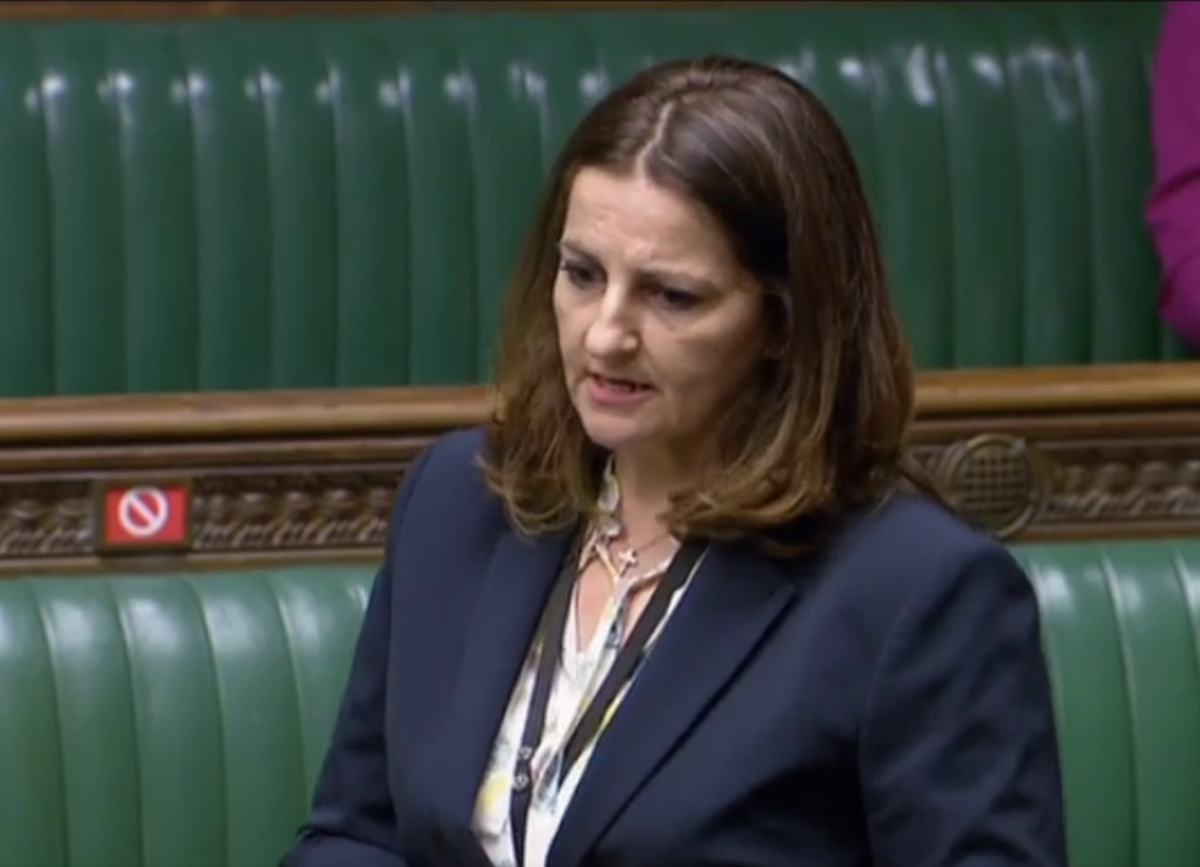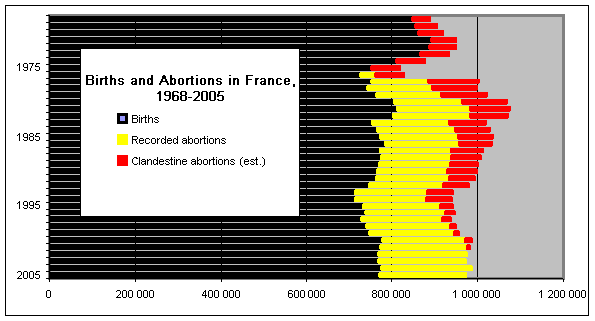No it isn't. It is a pooled study from developed countries, including the UK.
That's true to an extent, the early studies were mainly UK/Ireland and the later studies were mainly Japan (with an outlying extremely low birth rate), Sweden (with excellent medical facilities number 8 globally), and Australia (Ranks 1st or 3rd depending on the comparison)
So the studies are based on carefully selected country's data.
You seem to have a very bad habit of twisting simple and undisputed information to try to suit your argument. It is pointless and quite boring. Going back a few months, there was another poster who I had to stop engaging with because he kept doing this. He was called Roy Bloom. Unless of course you simply don't understand it, in which case apologies.
And you are clearly scouring the internet for reports that support your ideology.
The UK has amazing care for premature babies. Every bit as good as in the USA. The techniques are the same in all developed countries, because the medical community share them. This is not an area where the NHS skimps on resources.
The US model of medical is very seriously tiered depending on your medical insurance.
I suspect minority communities medical insurance leaves a lot to be desired.
The minority communities also suffer in UK for different outcomes in pregnancy.
As the study you presented selects countries on their medical care ranking, for the most recent data, it's perfectly feasible that the demographics of the study was also skewed.
The rest of your post is word salad. For instance you wrote this:
Do you really think the viability in the UK is 2.5% between 24 to 28 weeks? It is actually 40% at 24 weeks, rising to 90% at 28 weeks. I don't know how to have a discussion with someone who gets such basic facts like that so wrong.
Where do you get this data from? You don't support it with any articles, reports, data, etc.
The figures I presented were for premature babies (24 to 28 weeks) surviving postnatal care. Do you really think that all babies of 24 to 28 weeks do not all require postnatal care?
And none of this really matters. I was really interested in people's views on the principle. So, just to repeat my very simple question. The 24 week limit was based on the viability in 1990. If the viability has improved by two weeks since the 24 week rule was introduced, isn't it just logical to reduce the time limit by two weeks?
There's the risk of creating a population with greater morbidity, more people requiring constant medical care, etc.
The possibility of the viability of the infant should not be the only consideration.
Termination is still a choice, and most termintions occur before 12 weeks.
If prospective mothers have left it until the 24th week, there's a high probability the pregnancy was intended, and desired.




